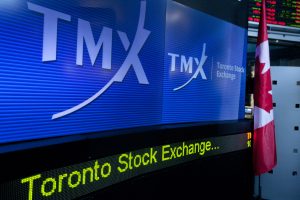“The HIT has been a leader in responsible impact investment for over three decades, with nearly $11 billion invested into some 500 union built housing projects nationwide,” said Steve Coyle, the HIT’s CEO. “The HIT’s mission of generating competitive risk-adjusted returns while creating union construction jobs and building affordable and workforce housing is consistent with the goals and objectives of the PRI to encourage investments that enhance our society, and make the world a better place.”
HIT investments have created an estimated $26.9 billion in total economic benefits nationwide, including over $10 billion in personal income; nearly 170,000 jobs across industries, with more than 79,000 union construction jobs; and over 107,000 housing units – 67% affordable and workforce housing.
In 2005, then-UN Secretary General Kofi Annan started the PRI when he asked a group of the world’s largest institutional investors to help draft the Principles for Responsible Investment. A year later, the PRI was formally launched at the New York Stock Exchange. Under the PRI umbrella, international signatories work together to implement voluntary and aspirational principles that provide a framework for integrating environmental, social and governance considerations (ESG) into their investment practices and ownership policies. The goals are tailored to each organization’s investment strategy, approach and resources.
The six key principles are:
- We will incorporate ESG issues into investment analysis and decision-making processes.
- We will be active owners and incorporate ESG issues into our ownership policies and practices.
- We will seek appropriate disclosure on ESG issues by the entities in which we invest.
- We will promote acceptance and implementation of the principles within the investment industry.
- We will work together to enhance our effectiveness in implementing the principles.
- We will each report on our activities and progress towards implementing the principles.
Mr. Coyle explained that joining the PRI demonstrates the HIT’s persisting commitment to these principles. It also provides a forum for the HIT to share its best practices with a developing segment of the investment community. It joins longtime partners the AFL-CIO Reserve Fund, the New York City Employees Retirement System and Teachers’ Retirement System of the City of New York, and the San Francisco Employees Retirement System as signatories.
“We are very pleased to welcome the HIT to the PRI,” said managing director Fiona Reynolds. “They have a long-standing commitment to investing responsibly and in projects that contribute to a more sustainable world.”
Job and economic and fiscal impact figures in this story are estimates calculated by Pinnacle Economics and the HIT using an IMPLAN input-output model based on HIT and Building America project data.
Contact:
Michael K. Frisby
202-625-4328
SOURCE AFL-CIO HIT
Powered by WPeMatico




